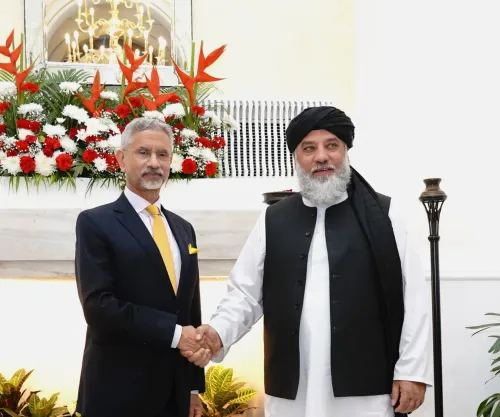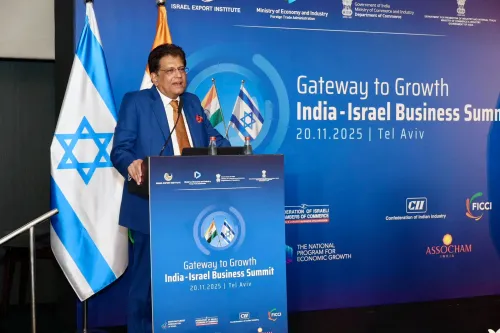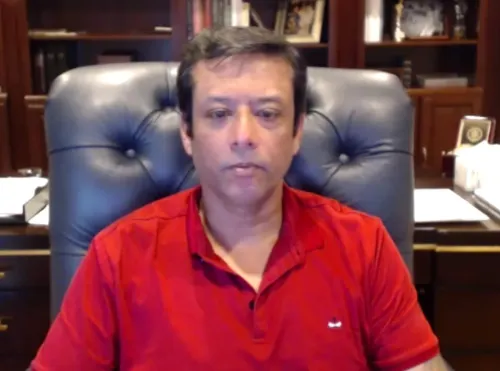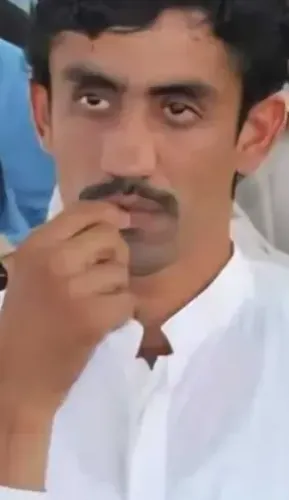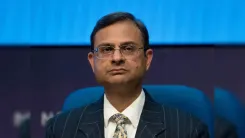Will Bangladesh’s General Elections Happen Before Reforms Are Completed?
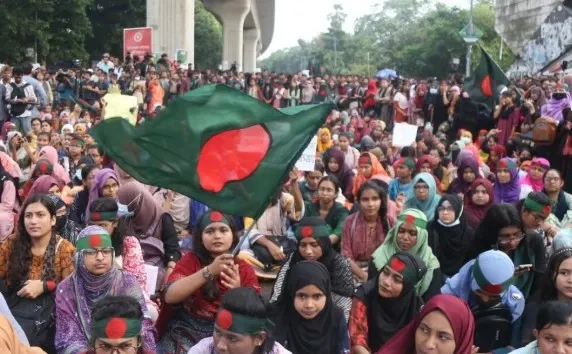
Synopsis
Key Takeaways
- The NCP insists on reforms before elections.
- Political tensions are rising in Bangladesh.
- Jamaat-e-Islami demands a proportional representation system.
- Nasiruddin Patwary openly criticizes DGFI for lack of accountability.
- Political unrest has led to uncertainty regarding the elections.
Dhaka, Aug 13 (NationPress) In yet another significant controversy regarding Bangladesh's general election, the Chief Coordinator of the National Citizen Party (NCP), Nasiruddin Patwary, stated that the polls set for February next year cannot proceed until the necessary reforms are in place, according to local media reports.
He made these comments during the National Youth Conference, held to celebrate International Youth Day at the Krishibid Institution in Dhaka's Farmgate.
"If the elections are conducted without the completion of reforms, this government will face severe repercussions, and we will return the bodies of our martyrs who sacrificed their lives for these changes," the leading Bangladeshi daily Jugantor quoted the NCP leader as saying.
Also present at the event were Shahid Uddin Chowdhury Annie, Joint Secretary General of the Bangladesh Nationalist Party (BNP), and Abdullah Mohammad Taher, a leader of the radical Islamist party Jamaat-e-Islami.
During his address, NCP Convener Nahid Islam affirmed that while his party has previously made concessions with the July Declaration, there will be "absolutely no compromise" concerning the July Charter.
"The equation is not yet resolved. Those believing they have figured it out are mistaken. We made concessions last year and with the July Declaration, but with the July Charter, we will not concede even one percent," Nahid emphasized.
"We will only participate in the elections once the objectives of the July Charter are achieved. We desire elections, but only with genuine change. There will be no compromise on the July Charter. No political party can attain power without following through on its commitments," he added.
Importantly, the BNP has welcomed the decision to conduct the elections in February 2026. Conversely, while Jamaat has agreed to the February elections, it has insisted on implementing a proportional representation (PR) system for both the upper and lower houses of parliament. The party has threatened to initiate a movement to enforce this demand.
Moreover, Nasiruddin criticized the Directorate General of Forces Intelligence (DGFI) and threatened that if it does not operate effectively, the NCP would take drastic measures against the organization’s offices.
"This intelligence agency operates using public funds. However, the public is kept in the dark regarding their expenditures. They lack accountability, responsibility, and transparency. Their primary role seems to be intimidation," he said.
"If these actions persist, we will not only dismantle the interrogation rooms but also target the DGFI headquarters. We have suffered enough. If the DGFI is to function in Bangladesh, it must undergo significant reforms," he warned.
Bangladesh has been engulfed in uncertainty regarding the upcoming general elections since the democratically elected government of the Awami League, led by former Prime Minister Sheikh Hasina, was ousted during violent protests last year.
The parties that collaborated with Yunus to remove Hasina are currently embroiled in disputes over reform proposals and the timeline for the next elections.

